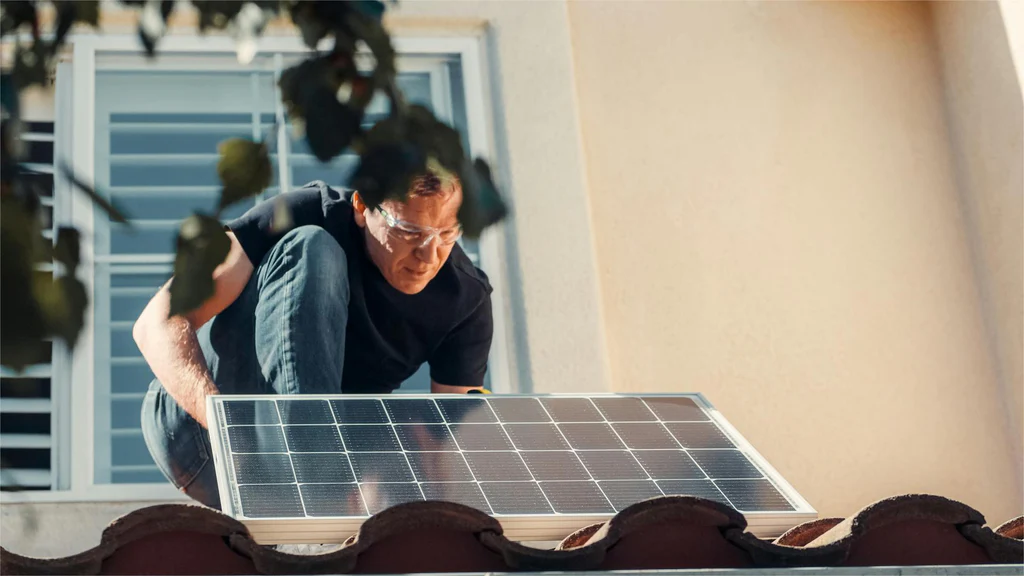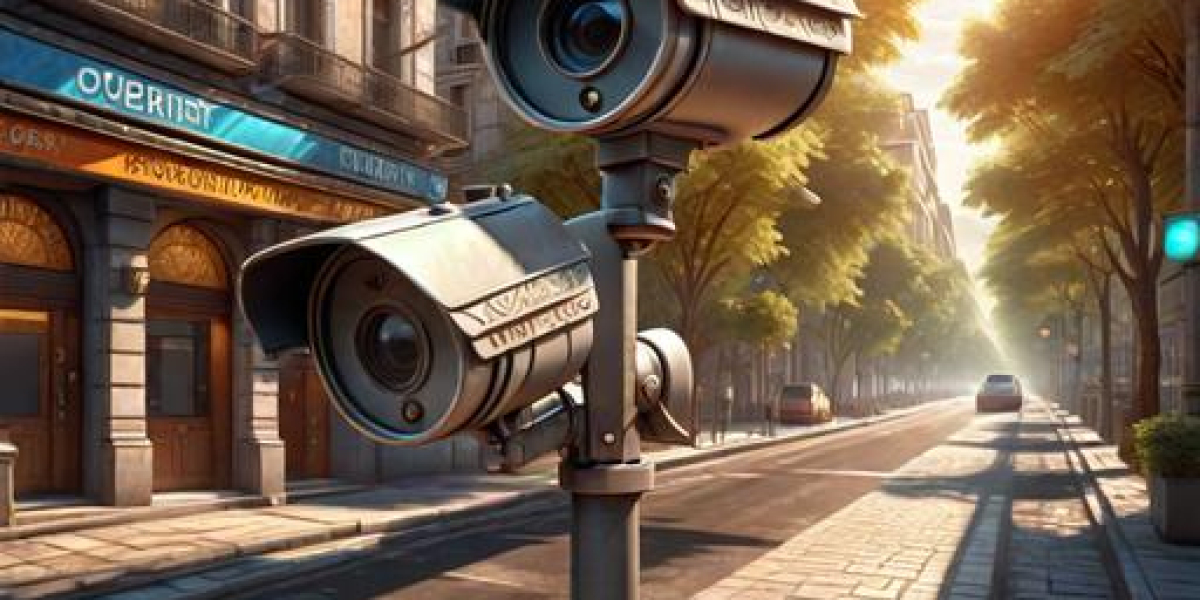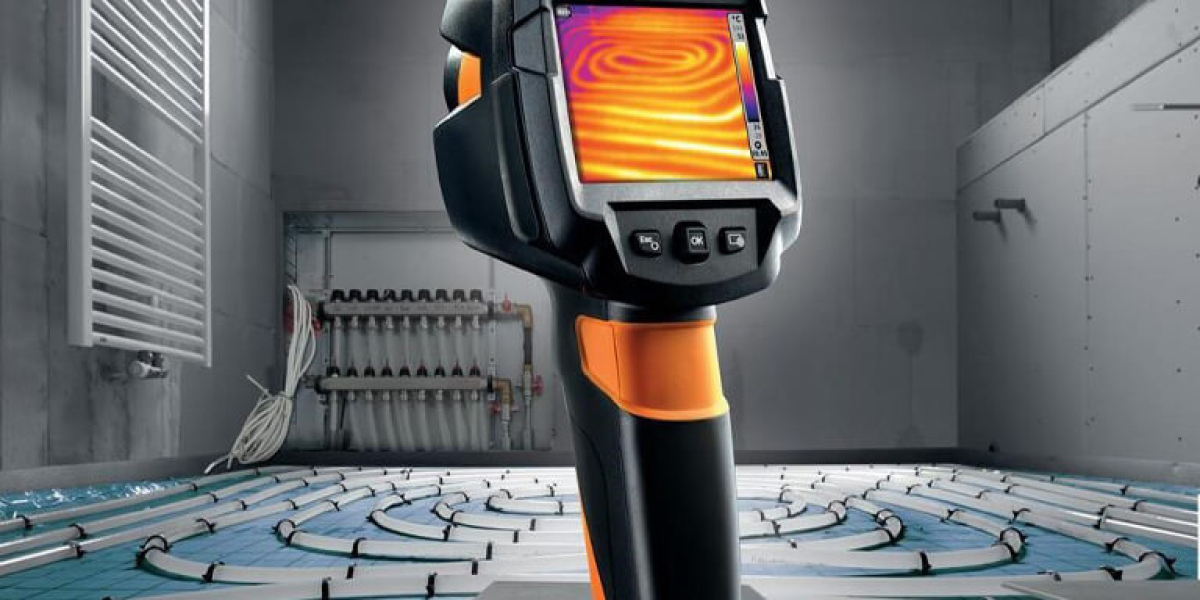When considering the best placement for solar inverters: indoors or outdoors?, it is essential to weigh the advantages and disadvantages of each option. Solar inverters play a crucial role in converting the direct current (DC) generated by solar panels into alternating current (AC) for household use. Therefore, their placement can significantly impact efficiency, longevity, and safety.

Indoor Placement: Advantages and Disadvantages
Choosing to install your solar inverter indoors can offer several benefits:
- Protection from the Elements: Indoor installations shield the inverter from harsh weather conditions, such as rain, snow, and extreme temperatures.
- Enhanced Security: An indoor inverter is less susceptible to theft or vandalism, providing peace of mind for homeowners.
- Noise Reduction: Inverters can produce noise during operation; placing them indoors can minimize disturbances.
However, there are also some drawbacks to consider:
- Heat Accumulation: Indoor spaces may not provide adequate ventilation, leading to overheating, which can reduce the inverter's efficiency and lifespan.
- Space Constraints: Finding suitable indoor space can be challenging, especially in smaller homes.
Outdoor Placement: Advantages and Disadvantages
On the other hand, installing a solar inverter outdoors has its own set of pros and cons:
- Better Cooling: Outdoor installations benefit from natural ventilation, which can help maintain optimal operating temperatures.
- Space Efficiency: Utilizing outdoor space can free up valuable indoor areas for other uses.
Nevertheless, outdoor placements come with challenges:
- Exposure to Elements: Outdoor inverters are vulnerable to weather-related damage, which can lead to increased maintenance costs.
- Security Risks: An outdoor inverter may be more prone to theft or vandalism, necessitating additional security measures.
Making the Right Choice: Indoor vs. Outdoor
Ultimately, the decision regarding the best placement for solar inverters: indoors or outdoors? depends on various factors, including your local climate, available space, and personal preferences. If you live in an area with extreme weather conditions, an indoor installation may be more suitable. Conversely, if you have ample outdoor space and can ensure protection from potential threats, an outdoor installation might be advantageous.
Conclusion: Weighing Your Options
In conclusion, both indoor and outdoor placements for solar inverters have distinct advantages and disadvantages. By carefully considering your specific circumstances and needs, you can make an informed decision that maximizes the efficiency and longevity of your solar energy system. For more detailed insights, you can visit .








